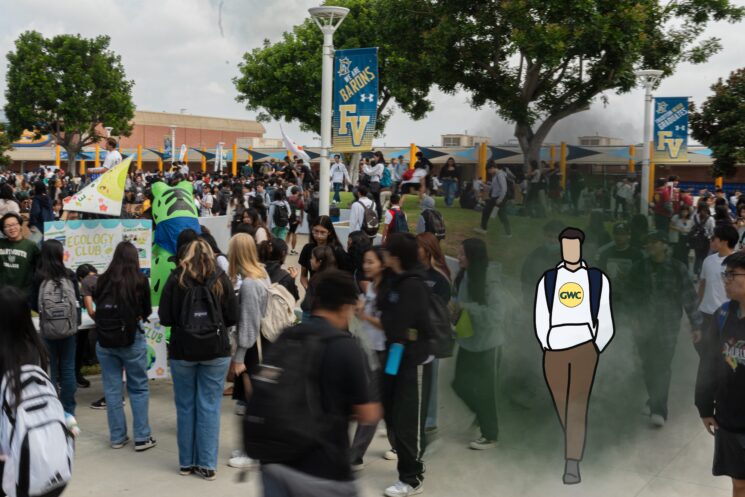It has been nearly a decade since Russia enacted its retaliatory adoption ban with the United States. The aftermath of the ban, part of Dima Yakobey’s Law, has wide-reaching effects for an estimated one thousand Russian children who were in the process of being adopted by U.S. families. However, no stories were as acute or heartbreaking as those of the 46 American families who had already met their prospective adoptees and whose adoptions were pending when the Dima Yakobey’s Law took effect on January 1st, 2013. For these 46 families, many of whom openly sought to adopt children with debilitating or potentially fatal medical conditions, court-ordered compensation and Russian assurances that the potential adoptees had “not developed an emotional attachment” failed to soften the emotional impact of the adoption ban. The ban underscores the serious legal and ethical issues involved when adoption is used as a tool in political maneuvering, urging the public to consider effective measures to address and resolve these concerns
In 2012, the United States Congress passed the Magnitsky Act, allowing the U.S. to freeze their stateside assets and ban the travel of Russian officials believed to be responsible for human rights violations. Passed in honor of Sergei Magnitsky, a Russian accountant who was tortured and denied attention after exposing a massive tax fraud scheme, the act was met with vehement opposition from Russian officials who quickly passed Dima Yakobey’s Law. On its surface, Dima Yakobey’s Law claims to place restrictions on U.S. adoption in honor of Dima Yakovlev, a Russian adoptee who died after being left in a hot car by his American adoptive father.
However, its quick enactment on the heels of the Magnitsky Act, its informal nickname in Russia as the “anti-Magnitsky bill,” and the acknowledgment of the retaliatory nature of the law by Putin himself led to Russian protests so powerful that it was initially thought that President Putin would not support or at least postpone the law. Despite claims from even Putin’s own President’s Council for Human Rights that it would be unethical to retaliate toward the United States using “sick Russian children,” the law passed banning all U.S. adoption of Russian children.
When the Russian adoption ban took effect, 46 children had received court approval for their adoptions but were undergoing the mandatory thirty-day waiting period. Despite Russia’s supreme court issuing a letter that all adoptees that had been approved prior to January 1, 2013 should complete the adoption process, these adoptions were never completed. Many of them, already fragile from health challenges, faced dismal chances of adoption and fatal futures in Russian orphanages. Consider the case of Daria who has Down syndrome published by Christina Champenois for the Brigham Young University International Law & Management Review. The ban halted the already approved Burrows family from taking her home. Daria died due to an undiagnosed heart ailment. Tatyana Bezdenzhnykh, head of child protection for Daria’s provenance, is certain that the adoption would have saved her life.
Some had already celebrated the impending arrival with baby showers and welcome home parties, only to have their hopes dashed in a moment. Their pain was compounded by the helplessness of knowing that the children they had promised to love and protect were now beyond their reach, caught in the crosshairs of international politics. There is also the case of Josh and Jenni Johnston who looked to adopt 4-year old HIV-positive Anastasia. They had completed 90 hours of online and classroom cultural awareness after traveling to Russia, but had to accept the totality of the ban. This heart-wrenching scenario underscores not just a political failure, but a profound human tragedy, where the most vulnerable were used as pawns in a game they could not understand.
The Russian adoption ban raises profound legal and ethical concerns. Legally, it represents a violation of the principles of international human rights law, particularly the rights of children to have a family environment. The United Nations Convention on the Rights of the Child, to which Russia is a signatory, emphasizes the importance of considering the best interests of the child in all actions concerning children. The abrupt cessation of these adoptions, especially for those already in the process, arguably violates this principle, as it disregards the emotional and developmental needs of the children involved. Further, the ban most certainly violates the European Convention on Human Rights. The Moscow Times reported that the European Court of Human Rights ruled the law “violated the claimant’s right to family life and illegally discriminated against the prospective parents on the grounds of nationality.” The court ordered the Russian government to pay $3,200 in compensation.
Ethically, the ban is abhorrent because it uses children, many of whom are in dire need of specialized medical care, as leverage in a political conflict. It reduces human beings to mere pawns in a larger game of diplomatic retaliation, overlooking their inherent dignity and the unique needs of each child.
The stories of the “Forgotten 46,” including tragic cases like Daria’s, exemplify the human cost of this policy. Children with special needs or health issues, who could have had life-saving treatments and loving homes in the U.S., were instead left in environments where their needs could not be adequately met.
My adoption journey began when my mom brought me home to California from Russia at just 11 months old. I don’t often ponder about my own life had I stayed in Russia – instead, my thoughts turn towards the 46 children who were left behind due to the Russian adoption ban.
Adoption is more than a legal process. It’s about giving a child a chance at a life they might never have. The 46 children who were so close to being part of a family before the ban took effect are a constant reminder of the fragility and the importance of these bonds.








